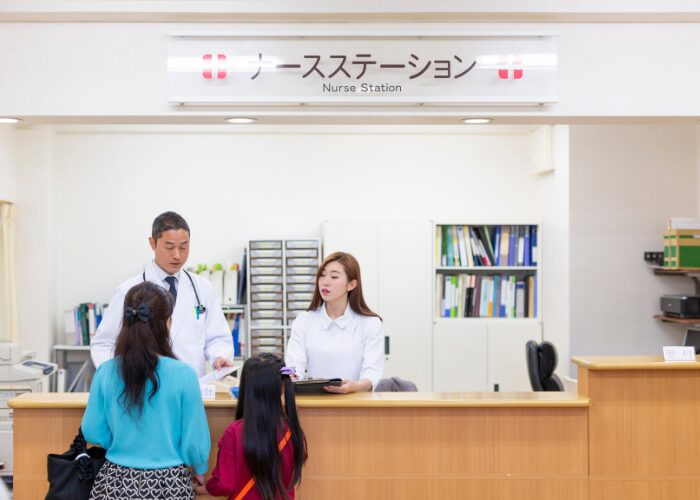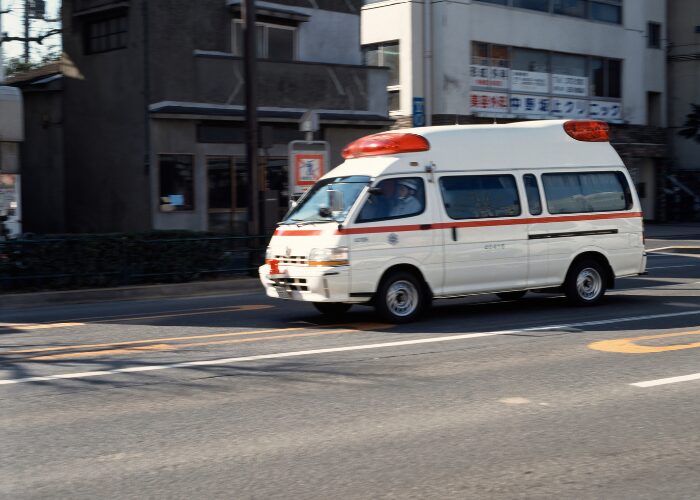
If travelers need to go to the hospital in Japan, the process is similar to that for residents, but there are some additional considerations:
- Choosing a hospital: Travelers can select from general hospitals, clinics, or specialized hospitals. For emergencies, emergency hospitals should be chosen.
- Language assistance: Many hospitals in major cities offer English-speaking staff or interpretation services. Some hospitals specifically cater to foreign patients. It’s advisable to look for these hospitals or clinics.
- Prepare your passport and insurance documents: Travelers should bring their passport and any travel insurance documents. Travel insurance can help cover the cost of medical treatment.

- Confirming a reservation: It is helpful to make an appointment in advance by phone or online if possible. Many hospitals accept walk-ins, especially for emergencies.
- Reception and filling out a medical questionnaire: Upon arrival, travelers need to present their passport and insurance documents at the reception and fill out a medical questionnaire detailing symptoms, medical history, and allergies.
- Consultation and treatment: The doctor will conduct an examination and provide necessary tests or treatments. If a prescription is given, medication can be obtained from a pharmacy.

- Payment: Travelers typically need to pay the full cost of medical services upfront. Payment is usually made in cash, but many hospitals accept credit cards. Travelers can later claim reimbursement from their travel insurance provider if applicable.
- Next appointment: If a follow-up is needed, an appointment can be scheduled before leaving the hospital.
- Emergency situations: In emergencies, travelers can call 119 for an ambulance. Ambulance services are free, but using a taxi or other transportation is recommended for non-urgent situations.

For convenience, travelers should also consider the following:
- International Clinics: These are clinics specifically geared towards expatriates and tourists, often with multilingual staff.
- Embassy Assistance: Contacting their country’s embassy or consulate for advice on medical services and support can be helpful.
- Travel Apps: Some travel apps provide information on nearby hospitals and clinics with foreign language support.
Leave a Reply